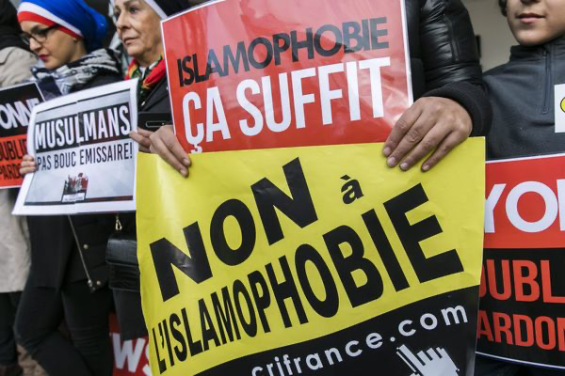The very term Islamophobia sparked controversy within France's National Assembly. Several right-wing and far-right politicians rejected its use, arguing that it is ambiguous and manipulated. They insisted on distinguishing between legitimate criticism of religion and discrimination against its followers. Some even denounced what they saw as an attempt to «censor» debates on Islam in France, masking the reality of anti-Muslim acts in the country.
On the left and among the Greens, lawmakers emphasized the rise in discrimination and violence targeting Muslims in France. They cited figures from anti-racism organizations and data from the Ministry of the Interior to highlight increasing assaults, mosque desecrations, and hiring discrimination.
Secularism and Individual Freedoms
The debate also centered on secularism, a fundamental principle of the French Republic. Advocates of a strict interpretation argued that claims of Islamophobia risk promoting communitarianism, threatening state neutrality and republican values. They pointed to laws banning headscarves in schools and full-face veils in public spaces as necessary measures to ensure equality among citizens.
Conversely, some MPs condemned what they described as «selective secularism», applied more restrictively to Islam than to other religions. They criticized the disproportionate scrutiny of Muslim organizations and a climate of suspicion, particularly in the wake of the separatism law.
Discrimination and Inequality: Are Muslims Being Stigmatized?
Several speakers highlighted structural discrimination against French Muslims, particularly in employment and housing. They referenced studies showing that individuals with North African-sounding names face higher rejection rates in job applications.
Some lawmakers also blamed the media and certain political figures for constructing a «threatening image» of Islam, which they argued fuels growing hostility toward Muslims.
What Political Response?
With such contrasting perspectives, proposed solutions reflected ideological divides. Some MPs called for stronger protections for Muslim citizens, including tougher measures against discrimination and hate speech. They suggested creating a parliamentary mission on Islamophobia and increasing resources to combat racist crimes.
Others stressed the need to reaffirm secularism unequivocally, opposing any recognition of an «Islamic specificity» within French law.
A Debate Reflecting Deep Divisions
This parliamentary debate underscored the profound ideological fractures in French society regarding Islam. Balancing the fight against racism, the defense of secularism, and identity tensions remains a complex and contentious issue.
While some called for moving beyond partisan divides to address discrimination effectively, deep-seated disagreements persist, leaving little room for consensus.





 chargement...
chargement...













